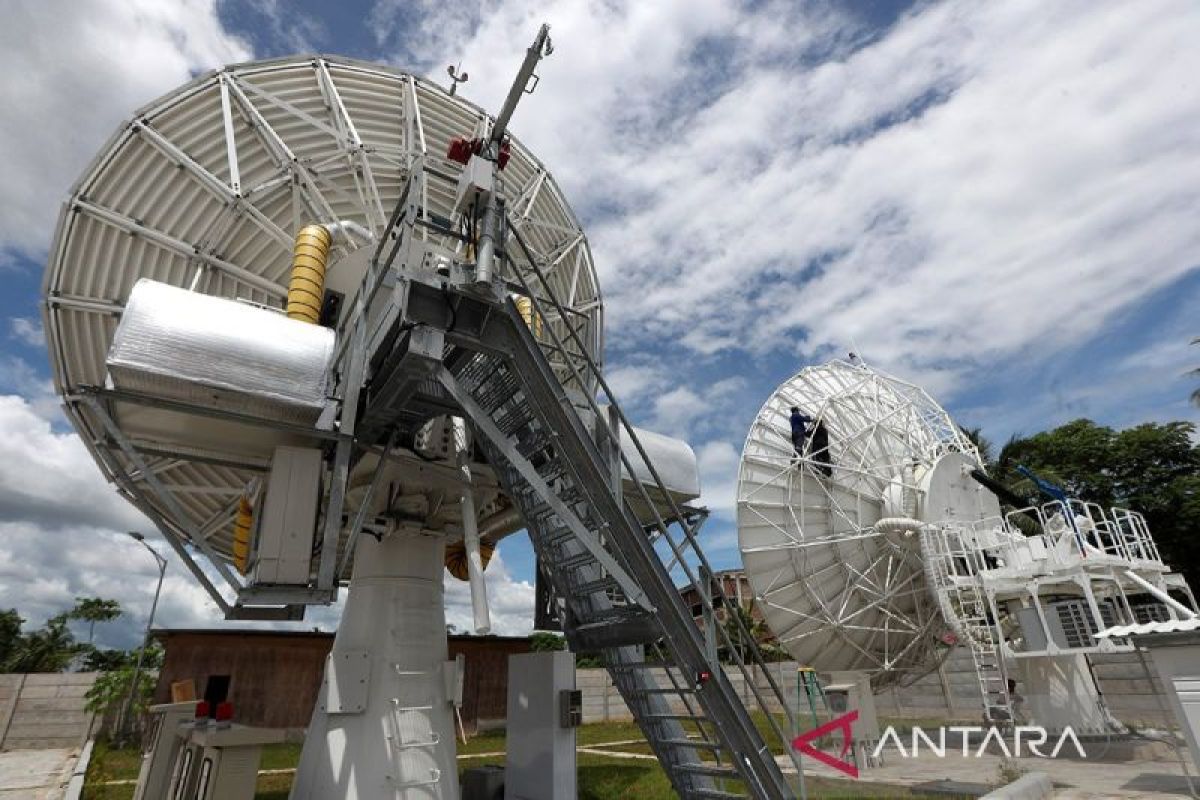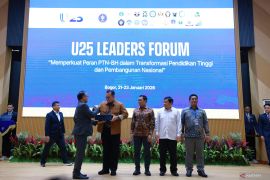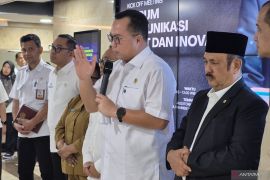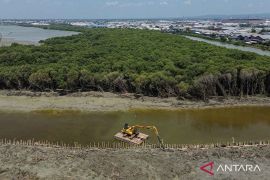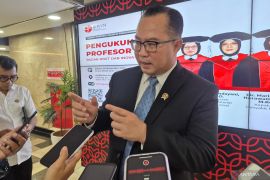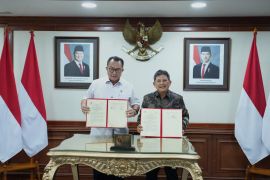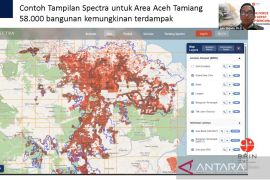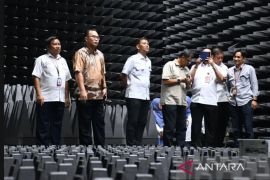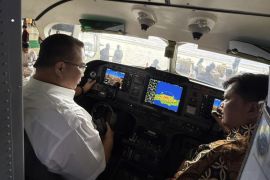"We are steadily progressing towards the development of satellite-based space science observation," Rizal Suryana, a researcher at the BRIN Space Research Center, noted in a statement released in Jakarta on Thursday.
Rizal accentuated the need to develop domestic satellite-based space science observation instruments, as current space weather observations rely solely on foreign technology.
He explained that the specifications of the satellite-based space science observation system must align with the specific needs and objectives of space weather research, taking into account the satellite's capabilities.
Satellite-based space weather observation involves deploying sensors or observation tools embedded in the satellite.
These instruments measure space weather parameters along the satellite's trajectory at a particular altitude, determined by its orbit.
"Satellite-based observation offers several advantages, including a wider range, access to remote locations inaccessible to ground-based observations, high spatial and temporal resolution, and continuous observation unaffected by weather conditions or day/night cycles. This provides valuable long-term data for scientific research," he said.
Rizal noted that space weather refers to variations in the space environment that are a consequence of the continuous emission of charged particles and electromagnetic radiation emitted from the sun. The intensity of this radiation increases during periods of heightened solar activity.
Hence, space weather can significantly impact the use of technology, both satellite- and non-satellite-based. In satellites, space weather can damage solar cells and satellite electronic components as well as increase atmospheric drag.
Moreover, space weather can affect the accuracy of the Global Positioning System (GPS), satellite communication signals, High Frequency (HF) radio communications, and satellite operations.
"Space weather has a profound influence on communication, navigation, and satellite operations. Therefore, continuous observation is essential," Rizal stressed.
Related news: BRIN developing satellite-powered tech to detect marijuana fields
Related news: Satellite images aid landslide prevention: BRIN
Translator: Sean Filo Muhamad, Aditya Eko Sigit Wicaksono
Editor: Tia Mutiasari
Copyright © ANTARA 2024
